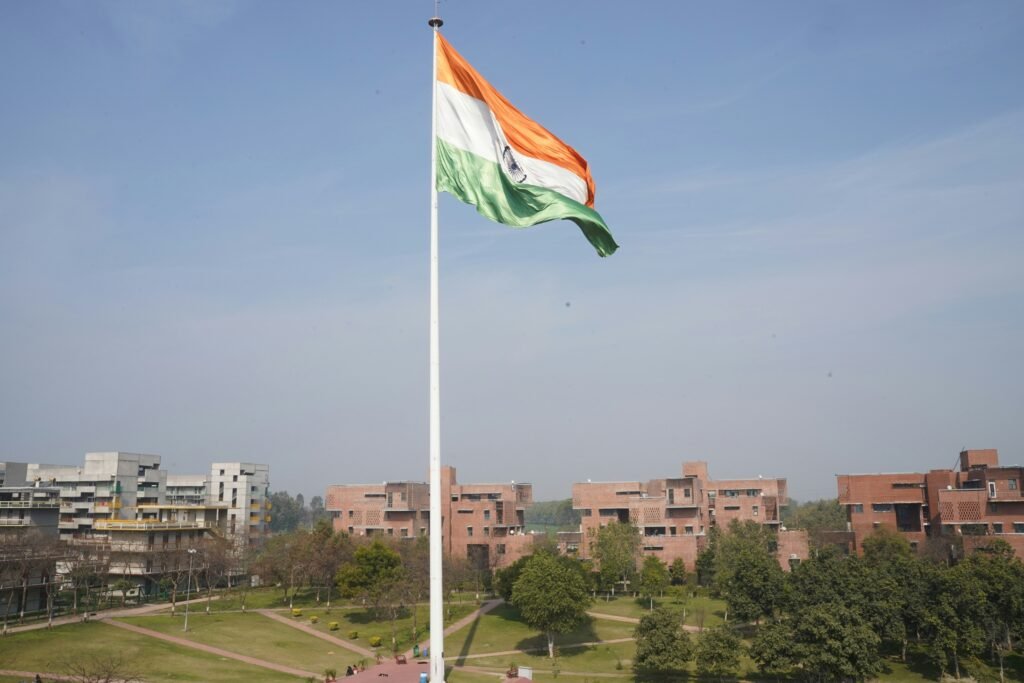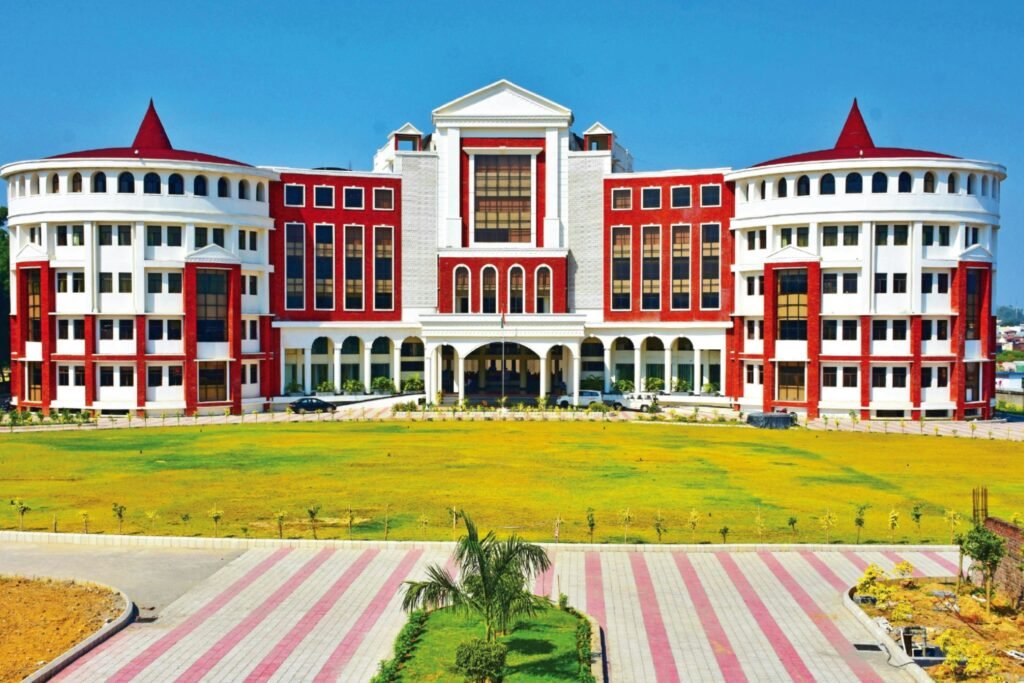India, with its rich history and cultural diversity, views education as more than just a foundation for employment. It sees education as a bridge to equality, innovation, social transformation, and global competitiveness. Higher education, in particular, plays a pivotal role in shaping the future of its vast and youthful population.
Despite significant strides in educational reforms, India faces challenges such as accessibility gaps, quality discrepancies, and underdeveloped research capabilities. These challenges, however, also highlight the immense potential of higher education to address them effectively. This blog explores the four core objectives of higher education in India, shedding light on how these goals aim to enhance individual lives and propel the nation toward progress.

Objective 1 Enhancing Access and Equity
Education is a fundamental right, but for many Indians, higher education remains an unattainable dream. Socioeconomic disparities, geographical barriers, and systemic inequalities have long created gaps in accessibility. Ensuring access and equity is the first and foremost objective of Indian higher education.
Overcoming Barriers to Access
For rural populations and marginalized communities, higher education can feel like a distant dream. Institutions in urban areas, high fees, and limited digital access hinder progress. Solutions include establishing universities in underserved regions and strengthening digital infrastructure to support e-learning. Furthermore, programs like the Digital India initiative are bridging the gap and ensuring students from remote areas gain access to quality education.
Equity Through Scholarships and Policies
Government-backed schemes, such as Post-Matric Scholarships for SC/ST students and the National Fellowship for OBCs, help ease the financial burden on disadvantaged students. Affirmative action policies, including reserved seats in public universities, also help correct historical imbalances, fostering an inclusive education system that celebrates diversity.
Objective 2 Improving Quality and Relevance
It’s not just about making education accessible; the quality of education provided must align with both global standards and local needs. For a young graduate stepping into the workforce, mere degrees will no longer suffice. The relevance of their education to evolving industries and society at large matters more than ever.
Raising Quality Standards
Higher education institutions need to focus on academic excellence and infrastructure improvement. Organizations like the National Assessment and Accreditation Council (NAAC) set benchmarks for quality through accreditation. By following these benchmarks, Indian universities can compete globally, resulting in universally recognized degrees and credentials.
Making Curriculums Relevant
The recent implementation of the National Education Policy (NEP) 2020 stresses adjusting curriculums to meet modern-day requirements. By integrating tech-oriented courses, entrepreneurship programs, and interdisciplinary studies, universities are equipping students with future-ready skills. Programs like IITs’ focus on data science or AI prepare graduates for the competitive global economy.
Objective 3 Promoting Research and Innovation
Meaningful research leads to innovation, and innovation drives national progress. India has historically lagged in this regard due to underfunded universities and minimal collaboration between academia and industry. Addressing this gap is an essential goal of Indian higher education.
Fostering Research Cultures
Top-tier global universities often double as hubs of groundbreaking research, but Indian universities have struggled to match this pace. By providing grants, fellowships, and public-private partnerships, institutions can create a vibrant research culture. Efforts like IMPRINT (Impacting Research Innovation and Technology) are currently incentivizing research that solves real-world problems specific to India.
Collaborations for Breakthroughs
Building connections between academia, government, and industries is vital. Initiatives like Startup India promote the cross-pollination of ideas, encouraging young minds to innovate. Research parks at institutions such as IIT Madras showcase how fostering innovation can attract global collaborators and investors.
Objective 4 Developing Values and Citizenship
A degree is more than just a piece of paper; it is society’s investment in ethical, informed citizens who contribute positively to the world. Education’s role in shaping responsible, value-driven communities should never be underestimated.
Building Ethical Leaders
Universities offer unique opportunities to foster leadership and civic responsibility among students. Initiatives like student unions, social programs, and political dialogues promote a sense of shared accountability. Institutions like Jawaharlal Nehru University (JNU) stand as examples of how higher education can encourage students to engage with national and global issues.
Encouraging Community Engagement
Beyond academics, engaging students in community service can inspire social responsibility. Programs like Unnat Bharat Abhiyan, where universities adopt villages for developmental initiatives, directly link education to ground-level improvements. These efforts instill a spirit of giving back to society among students.
People Also Ask
What steps are being taken to make higher education in India more accessible?
The Indian government has rolled out initiatives like digital learning platforms, regional universities, and scholarship programs targeted at underprivileged students to ensure better accessibility.
Which organizations ensure quality standards in Indian higher education?
Bodies like the NAAC, National Board of Accreditation (NBA), and University Grants Commission (UGC) work to maintain and improve quality standards.
What role does higher education play in promoting research in India?
Higher education institutions serve as incubators of innovation. Platforms like IMPRINT and funding initiatives like RUSA (Rashtriya Uchchatar Shiksha Abhiyan) aim to bolster nationwide research capabilities.
Unlocking the Potential of Higher Education in India
Higher education in India carries immense responsibility yet possesses equal potential to drive the nation’s development. By expanding access and equity, enhancing quality standards, fostering research and innovation, and shaping responsible citizens, it becomes a powerful transformative force.

However, achieving these objectives requires a persistent, collaborative effort from the government, private sector, and academia. If India focuses on these priorities, its universities can confidently compete with the best institutions globally while uplifting the lives of millions.
Education is not just preparation for life; it is life itself. It’s time we acknowledge its power, nurture its impact, and realize its promise to transform not just individuals but an entire nation.



